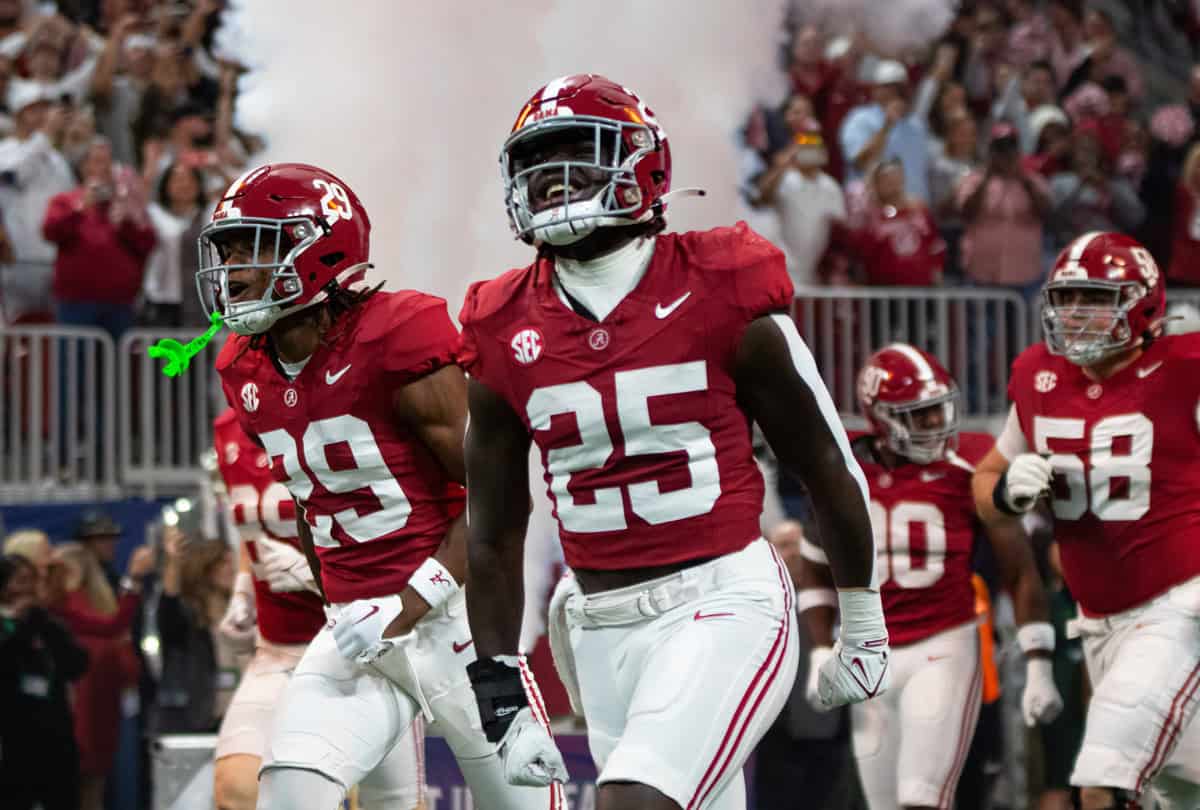It has been described a number of ways: corrupt, controversial, an improvement, a mess, a monopoly, fair, unfair and just about everything in between.
Advocate it or not, the Bowl Championship Series, through human opinions and intricate computer formulas, determines who plays for college football’s national championship.
With a slew of undefeated teams remaining in this 2010 season, the controversy over the system could continue to build come December, as it seems to have done since it was created.
“It’s not perfect,” said Bill Hancock, the executive director of the BCS. “Nothing is. The BCS has a very limited purpose, which is to match No. 1 and No. 2 in a bowl game, and it’s been tremendously successful at that.”
The Bowl Coalition (1992-95) and the Bowl Alliance (1995-97), which were created by conference commissioners, Notre Dame representatives, and four bowl committees, were the first steps in creating that annual No. 1-No. 2 matchup. In 1997, the BCS was created to guarantee that the top two teams in the country played each other for the national championship.
The Harris Poll, the coaches’ poll and a computer poll average each account for one third of the BCS rankings.
The computer average is composed of six independent computer ranking systems. For each team, the highest and lowest rankings are dropped, and a point system is used to produce an average. The same point system is used (per vote instead of per ranking) to determine an average for the two human polls, and the averages of the three polls are then averaged together to generate the BCS rankings.
“I like to say it’s a blend of art and science,” Hancock said. “The two human polls are the art. You have coaches, former coaches, current media people, former administrators, who are each voting their conscience and their own opinion. Then you bring in the science – the hard, impartial review of the data. The science helps shape the art.”
Each computer poll is required to factor in certain aspects, like win-loss record and strength of schedule, among others. Each computer system is also required to not weigh margin of victory. Hancock said this requirement was for sportsmanship purposes, but many believe this is one of the major flaws of the system.
“There’s an aspect that the computers can’t capture, and there’s an aspect that the coaches’ poll can’t capture,” said Danie Vollenweider, a senior majoring in English. “I don’t think anybody is ever going to be fully satisfied with any system.”
In the 56 years before the Bowl Coalition, the No. 1 and No. 2 teams played just eight times in the postseason. In the 12 years of the BCS era, nine BCS National Championship games have matched up the top two teams in the Associated Press Poll.
The benefits of the system have also exaggerated its shortcomings, like years when more than two teams finish undefeated, and years when mid-majors get passed over. Many say the only solution to crowning a true college football champion is to implement a playoff system and increase the number of teams with a chance to win the championship.
“I’ve always been an advocate of the plus-one system for how you determine a national championship game and who is in it,” Alabama head coach Nick Saban said in 2009. “Instead of picking two teams, why not pick four? You play the game a week after the [New Year’s Day] bowls anyway.”
The AP, instead of the Harris Poll, used to be one of the polls associated with the BCS. But in 2004, the most controversial season for the BCS caused the AP to stop allowing the system to use its rankings.
Auburn and Utah were undefeated and left out of the title game that season, which caused likely the biggest public cry for a playoff in college football history, but the bigger problem for the AP was the battle between Texas and California to get into a BCS bowl game. Some AP voters changed their vote and moved Texas ahead of California after the final week of the season. Although California was ranked comfortably ahead of Texas in the computer poll, the change in the human polls was enough to give Texas the nod. Fans lashed out at AP voters, and the organization disbanded its poll from the BCS.
“We didn’t want to put our voters in that position,” said Ralph Russo, an AP college football writer based in New York. “Essentially, they were determining who plays in bowl games and who gets big checks and bonuses. We just basically determined that it was a conflict of interest. Reporters shouldn’t be determining who plays in bowl games.”
Since that season, the controversy surrounding the BCS and the constant push from fans for a playoff system has kept increasing. It reached a new level after the 2008 season, when Utah Attorney General Mark Shurtleff claimed the BCS violates anti-trust laws by putting smaller schools at a competitive and financial disadvantage.
This accusation came after the University of Utah went undefeated and did not earn a chance to play in the BCS National Championship over Florida and Oklahoma, who each had one loss. Shurtleff threatened to sue the BCS but has yet to file a lawsuit, and some have speculated that Shurtleff’s threat was for the purpose of gaining votes during election season.
The stir-up has also caused Congress to involve itself in making sure the BCS is lawfully sound, subjecting the BCS to hearings. However, Hancock said he thinks Congress understands it has more important things to do than managing college football.
According to Hancock, only three of 33 members were in attendance at the BCS’s hearing in front of the house energy and commerce committee in May of 2009. In another hearing in front of the senate judiciary committee in July of 2009, only one of 12 members showed for the entire hearing.
“There’s not much interest in Congress in this matter,” Hancock said. “What happens sometimes is people have the political interest of their constituents in mind, and so they like to advance causes that they believe will benefit their constituents. We get that. That’s the American system. When [the commissioners] set up the BCS, they went to great lengths to make sure that it complied with the law.”
The current college football season looks to have the potential to bring another public outcry towards the BCS. Oregon, who is ranked No. 1 in both human polls, is No. 8 in the computer polls, and more than halfway through the season, seven teams are still undefeated.
If more than two teams finish undefeated, the BCS cannot win. Whichever way the voters lean or whichever teams the formulas spit out, fans across the country would be outraged, and the debate over the BCS would once again become the focal point of college football.






